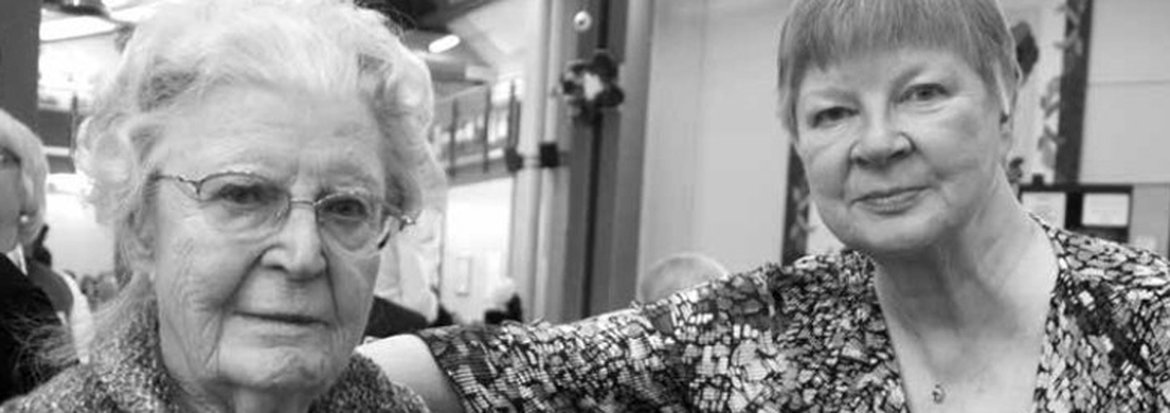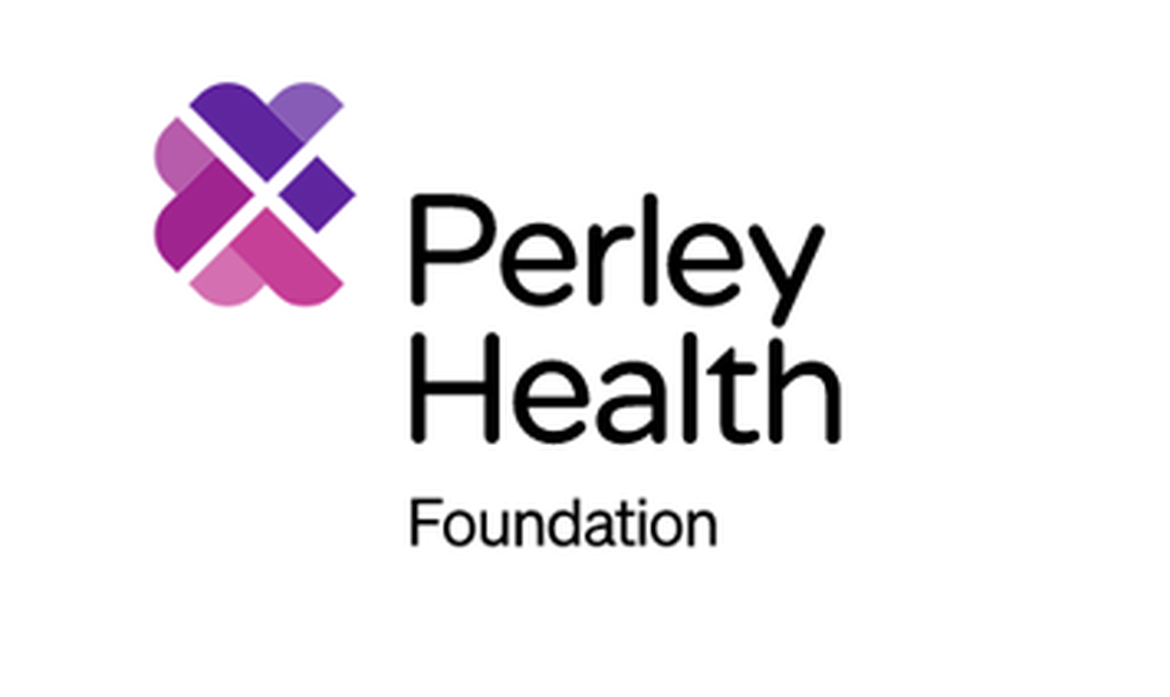‘Our pioneers’: Perley Health pays tribute to women war veterans

By Erin McCracken emccracken@ottawavoice.ca
Edith Goodspeed pauses, overcome with emotion, as she thinks back to the young men who were injured or killed on the Second World War battlefields. “The boys were ours. They were wonderful kids,” she said.
As a nursing sister stationed in England from January 1943 until October 1945, it was her job to care for the wounded at a backto-battle hospital in Colchester, an hour-and-a-half drive northeast of London. “We got a lot of bombs towards the end of the war there,” said Goodspeed.
She was one of 39 women veterans of the Second World War and the Korean War who were honoured during the second annual International Women’s Day High Tea on March 5 at Perley Health, where she has lived for just over a year. Goodspeed will celebrate her 100th birthday next month, but some of her memories from the war days are as sharp as ever. She remembers being out in the hospital yard one day when a pilotless enemy plane, known as a buzz bomb, swooped in.
“I was taking temperatures, I guess, and had my uniform on and one of the boys looked at me said, ‘Hit the dirt, sister. He’s coming down,’” Goodspeed recalled. “I had to go back up and change my uniform.” Before deploying overseas, Goodspeed met her future husband when she worked at CFB Shilo’s hospital near Brandon, Man. Donald Goodspeed was receiving treatment after breaking his ankle while on course. Six weeks to the day after meeting, she married the artillery officer. Two days later, Goodspeed was sent overseas and Donald followed soon after.
They only rarely saw each other until after the war ended. “It was a real wartime romance,” said Maureen, Goodspeed’s daughter. Even now, Goodspeed still shies away from taking special credit for her military contribution, instead preferring to recognize the soldiers who served. “They were great boys,” she said. “We always tell mom she’s a hero and she says, ‘No, it wasn’t the sisters, it was the boys,”’ Maureen said. “I don’t deserve anything,” Goodspeed said. “The boys were the ones who did the work.” “I think you did a lot that you don’t give credit for,” Maureen said.
But Goodspeed does hope the work she and the other nursing sisters did help open doors for other women. “I don’t think it was a focus of attention at the time,” Maureen said. “I think people like mom were more intent on doing their job. It was 24/7 with very little leave, and it wasn’t top of mind. It was everybody pulling together for the war effort.”
Jody Thomas, deputy minister of national defence and a Naval Reserve officer, said the women veterans who came before her are an inspiration.
‘Those of you in the Forces, you broke down barriers for so many of us, and showed us and the world that women can do anything,” said Thomas, guest speaker at the tea. “From the first women to serve on the battlefield as nurses during the late 19th Century and those of you who bravely joined our Army, Navy and Airforce in the Second World War, to all the women who had to overcome sexism and discrimination in your careers – you’ve demonstrated that strength and the conviction to fight for our rights on and off the battlefields,” she said. “And women like me today are in the jobs we’re in because of women like you, and your legacy is still growing.”
Change has come to the military. When Thomas joined the Naval Reserves in the late 1980s, there were just three hard sea trades open to women. Today, every trade is open to women and improvements continue. Women now make up 15 per cent of the Canadian Armed Forces, which Thomas said was “unimaginable” years ago. “But we can do better and we need to do better and we are working hard to increase the number of women in the Canadian Armed Forces and we know that’s going to have a huge and positive impact on the military’s culture and its ability to get things done,” she said.
“Women change the workforce. Women change any situation they are in by how they think, how they get things done and what they bring to any community.” Women draw strength from the courage and determination demonstrated by those who came before them, including the women vets in the room. “We have learned to speak up when things don’t feel right and to be resilient when we come up against challenges and we thank you for breaking paths for us,” Thomas said.
Retired major Sandra Perron, Canada’s first female infantry officer, paid tribute to a number of women veterans at the event, including Goodspeed. “Women veterans are still very much invisible today, invisible in schools, invisible in textbooks, invisible on the internet, invisible with the Canadian Mint,” she said. “So we have to have events like this, women recognizing women, to put them in the forefront.” During the Second World War, 50,000 women served in nursing, as radio operators, as truckers, among other trades. Many more – 1.2 million – provided support on the homefront, working in manufacturing and in the service industry. An estimated 4,000 women worked in construction.
“At the same time they held down these full-time jobs, the women raised the children, took care of the households, took care of the elderly,” said Perron, who is on Perley Health’s board of directors. “And in their spare time they knitted mitts and scarves to help the war effort.” They are “our pioneers,” she said. “They paved the road for people like me to serve in the infantry and they are owed all of our admiration and our respect.”
Women have a unique gift of being able to help other women through the different stages of life. Perron wants women to do this at work, help other women by becoming mentors, coaches, friends, allies and sisters-in-arms. “We can be our own worst enemy because that’s what we’ve been taught,” Perron said. “We’ve been taught to compete and that works well for men. “But we’re different.”
Originally published in Community Voice Ottawa South, Vol. 2 No. 5

